The organizational body behind Matter has promised that the new standard will be the great unifier of smart homes. While it is absolutely the beginning of something great, it won't mean a lot for HomeKit users out of the gate.
Matter is a new smart home standard that will work with nearly all manufacturer ecosystems with a single certification. The centralized process will allow you to create that same lightbulb but instead of getting independent certifications, you just get certified with Matter.
After a few short delays, Matter is set to release this fall and launch with more than 130 devices. Those Matter-certified devices will work with Apple Home, Alexa, Google Assistant, and SmartThings out of the box.
Prior to Matter, device manufacturers have to get certifications for each platform. For example, if you were developing a smart light bulb, you'd have to be certified to work with Apple Home, Samsung SmartThings, Google Assistant, and Amazon Alexa.
For accessory makers, this is a costly and drawn-out process that slows the release of accessories to the market. It also frustrates users as manufacturers may choose to only work with one platform or another.
Matter aims to ease these burdens.
Matter's road to 1.0
Matter has been a joint effort led by the Connectivity Standards Alliance. Apple, among many others, is a member of the CSA and has worked in making decisions for the standard.
Since its announcement, Matter seemingly had a bumpy road on its way to an initial release. With so many players working together, it would be more surprising if there weren't delays.
The most recent hold-up was announced in March, pushing the release just slightly. Matter was expected to be available "mid-2022" but has shifted to the fall instead.
By all expectations, this isn't a huge delay and the benefits are worth it.
As the Matter SDK was continuously modified in early 2022, the CSA — the standards alliance behind Matter — determined that a ninth testing event would be beneficial. The developers prioritized stability, cleanup, and code quality as they marched toward release.
The CSA told AppleInsider that it had added extra testing events that saw more than 130 devices from more than 50 companies in testing. The testing event helped to ensure that the standard is reliable from day one.
Beyond adding a testing event, member organizations have continued to contribute to the standard. What started as supporting roughly five to six platforms — including iOS — has now ballooned to 16.
That's 16 at launch, with iOS, Android, Linux, and 13 others included.
This isn't Matter's first delay, but amid the trials and tribulations brought on during the COVID outbreak, the light is now at the end of the tunnel.
Similarities with Apple Home
Partially because of Apple's contributions, many aspects of Matter mirror that of HomeKit, or what is now called Apple Home.
For example, the Matter certification process requires devices to meet a stringent set of criteria. Hardware is independently tested in regional labs to ensure they meet all requirements.
That's similar to HomeKit, in that accessories are sent to Apple for testing before receiving the much-sought certification badge. Other platforms share similar requirements.
Devices also work primarily locally instead of being reliant on the cloud. Should a company go under, products should continue to operate thanks to local connections and hubs instead of becoming unusable.
The pairing process also mirrors that of Apple Home with unique codes printed on the devices. During Apple's WWDC pledge to support Matter, Apple boasted how its ultra-secure pairing process was the foundation for Matter.
How Matter will work with Apple Home
Theoretically, Matter devices will just work with Apple Home. A Matter device will have a pairing code that can be scanned and added to the Home app like a HomeKit-enabled accessory.
It will then operate indistinguishably from a HomeKit accessory. If you have HomeKit devices in your home, they'll work alongside any Matter accessories you choose to add.
For Apple Home users, existing Home Hubs will be updated with Matter support, such as the HomePod mini and Apple TV.
Apple officially delivered full Matter support to users with iOS 16.1 which was recently released.
While it seems all easy-peasy, there are some hiccups. For example, let's look at the devices are supported with Matter 1.0.
- Lightbulbs, light switches, lighting controllers
- Plugs and outlets
- Door locks
- Thermostats and HVAC controllers
- Blinds, shades, and window coverings
- Home security sensors (motion, contact, CO, smoke detectors)
- Garage doors
- Wireless access points and bridges
- Televisions and streaming video players
- Control devices
Apple Home supports nearly all of these devices pre-Matter. That isn't much of a boon for existing HomeKit users.
The one category that is new highlights the lingering issues with Matter. Control devices, a category HomeKit users didn't previously encounter, includes smart displays such as the Nest Hub Max.
Matter enables the Nest Hub Max to show in the Home app and work with Apple Home accessories. The rub is that even though it shows in the Home app, the Nest Hub Max won't be able to control HomeKit devices — unless they explicitly support Matter.
Existing Apple Home devices that don't get updated to support Matter won't work with the other Matter accessories. The Nest Hub Max can control Matter accessories, but it won't magically allow a Google product to work with an Apple Home device.
For example, if you have a smart bulb that supports only HomeKit and you add Matter smart display, it will not be able to control that smart bulb — despite them both showing in the Home app.
It's a messy experience for end users. They have smart home products in their house or apartment, then buy a Matter device that works with the Home app, but may discover it won't work together with Apple Home accessories.
Individual ecosystems will still have benefits
Beyond this, individual manufacturer ecosystems will still have tangible benefits.
A good example would be lighting devices. If a manufacturer creates a smart bulb and pursues only a Matter certification, it will work effortlessly with all the various platforms, including Apple Home.
But it will lack HomeKit-exclusive features such as Adaptive Lighting. Intelligently changing the color temperature of the light throughout the day, Adaptive Lighting can set a light to start earlier in the day with a warm color temperature before turning to a cooler light mid-day, then warming up as the sun sets.
Devices that want to support platform-specific features will need to seek those additional certifications. If they don't, they may have a watered-down experience in HomeKit and others.
Speaking to the CSA, it reiterated that it still sees platforms seeking to differentiate themselves and offering unique features that other platforms don't have.
Matter is a double-edged sword offering new compatibility between brands, speeding up the development process of accessories, and pushing the adoption of the smart home.
But it also is yet another platform that manufacturers will need to support. The best smart home accessories will have certification for Matter, but Amazon Alexa, Google Home, HomeKit, and SmartThings too.
The promise is in the future
Lest we come across too much like naysayers, we believe Matter is still ripe with potential. It will be great for HomeKit users, even if the biggest benefits are still a ways away.
New device categories and increased overall device availability will be the most sought-after.
Cameras, appliances, robot vacuums, pet feeders, and more common smart devices aren't yet supported in Matter, though many are on the roadmap. We will have to wait for the Matter spec to include new devices and then for manufacturers to add support for them before HomeKit users will see the benefit.
Matter is a massive accomplishment and has come a long way since its announcement. After a bumpy road, Matter is finally here, and that's a big deal.
Just make sure your expectations align with reality and realize that out of the gate, there won't be a big change for HomeKit users.
 Andrew O'Hara
Andrew O'Hara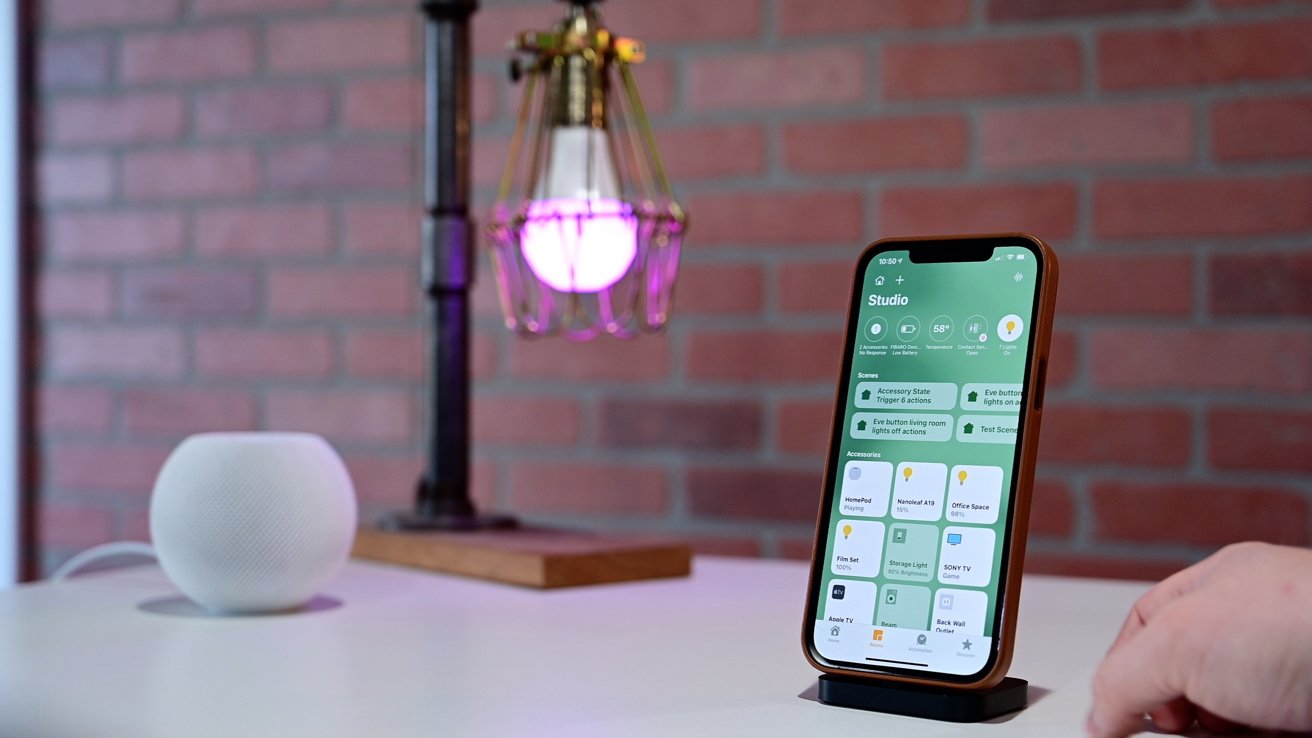
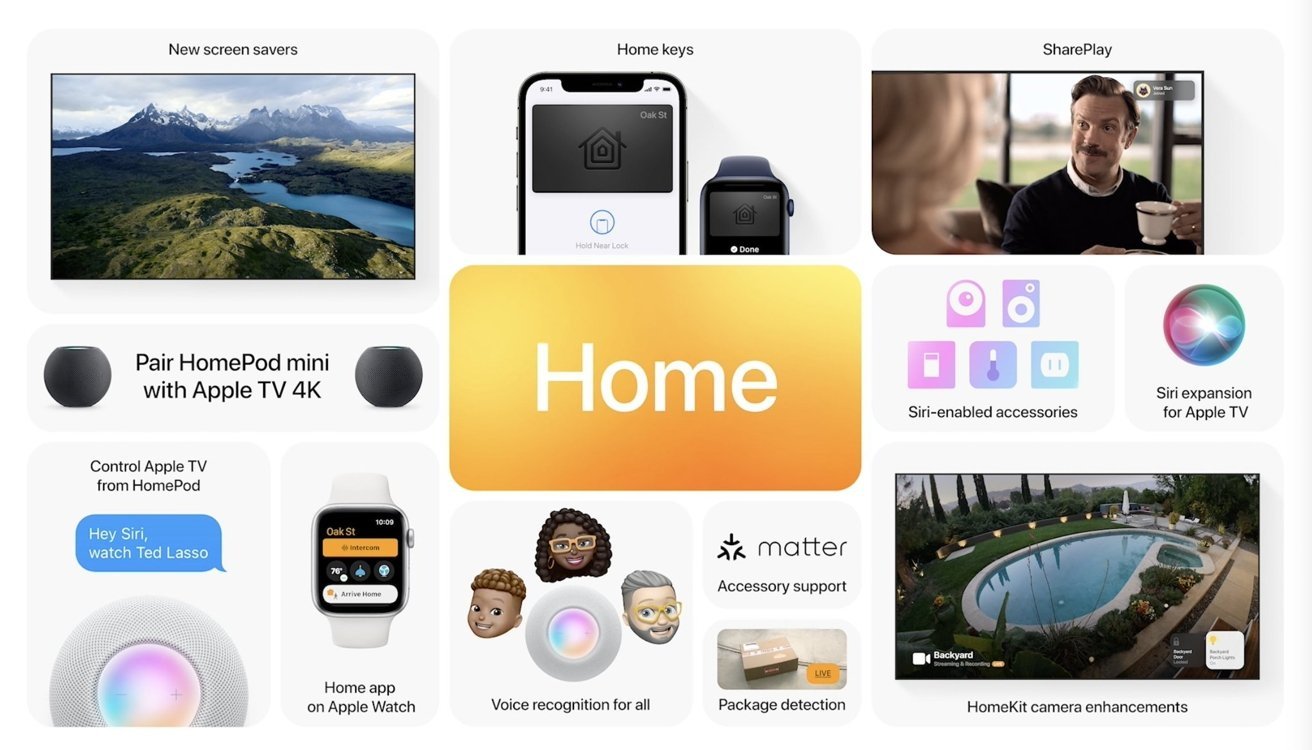
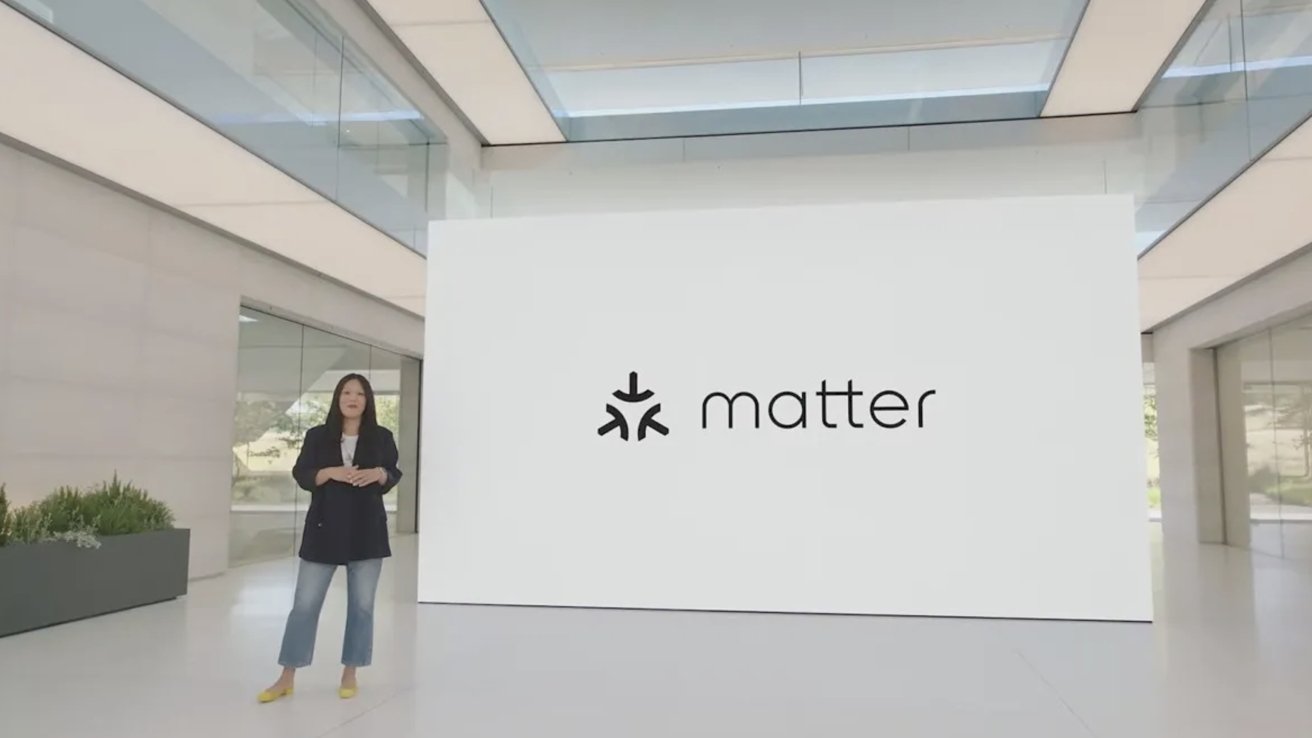
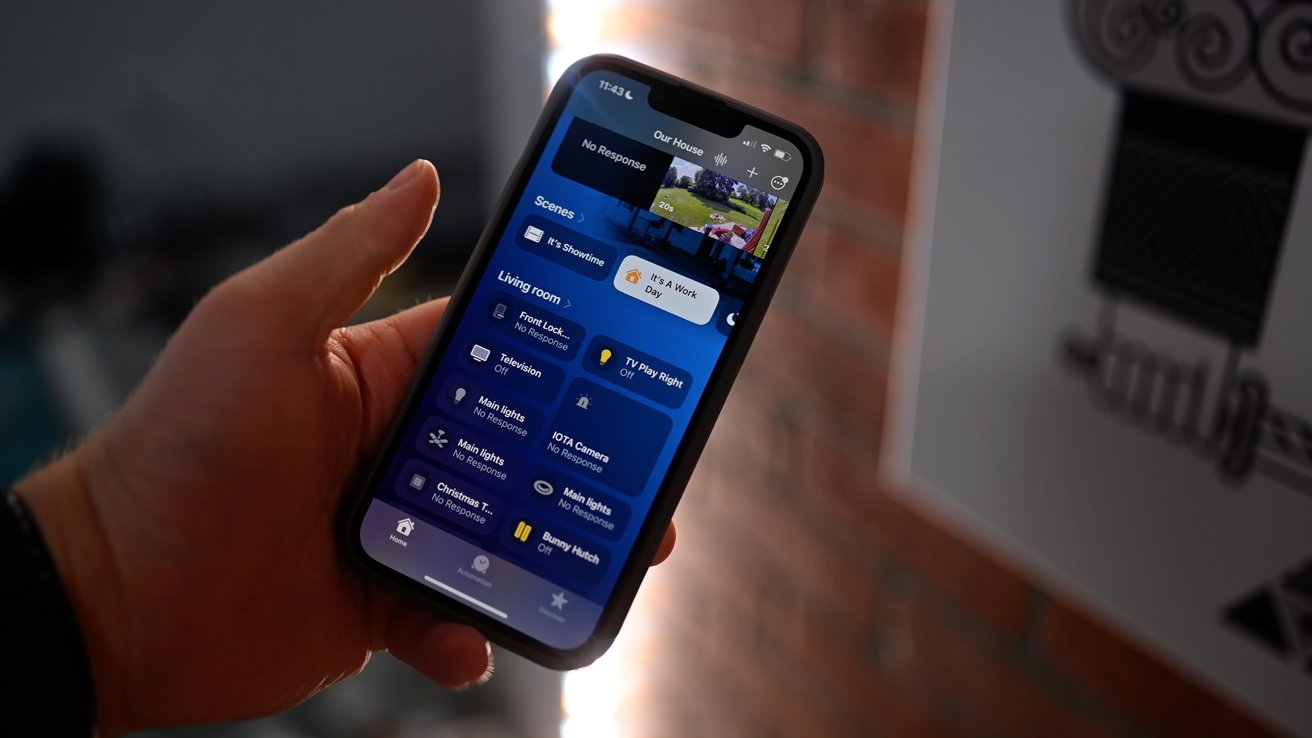
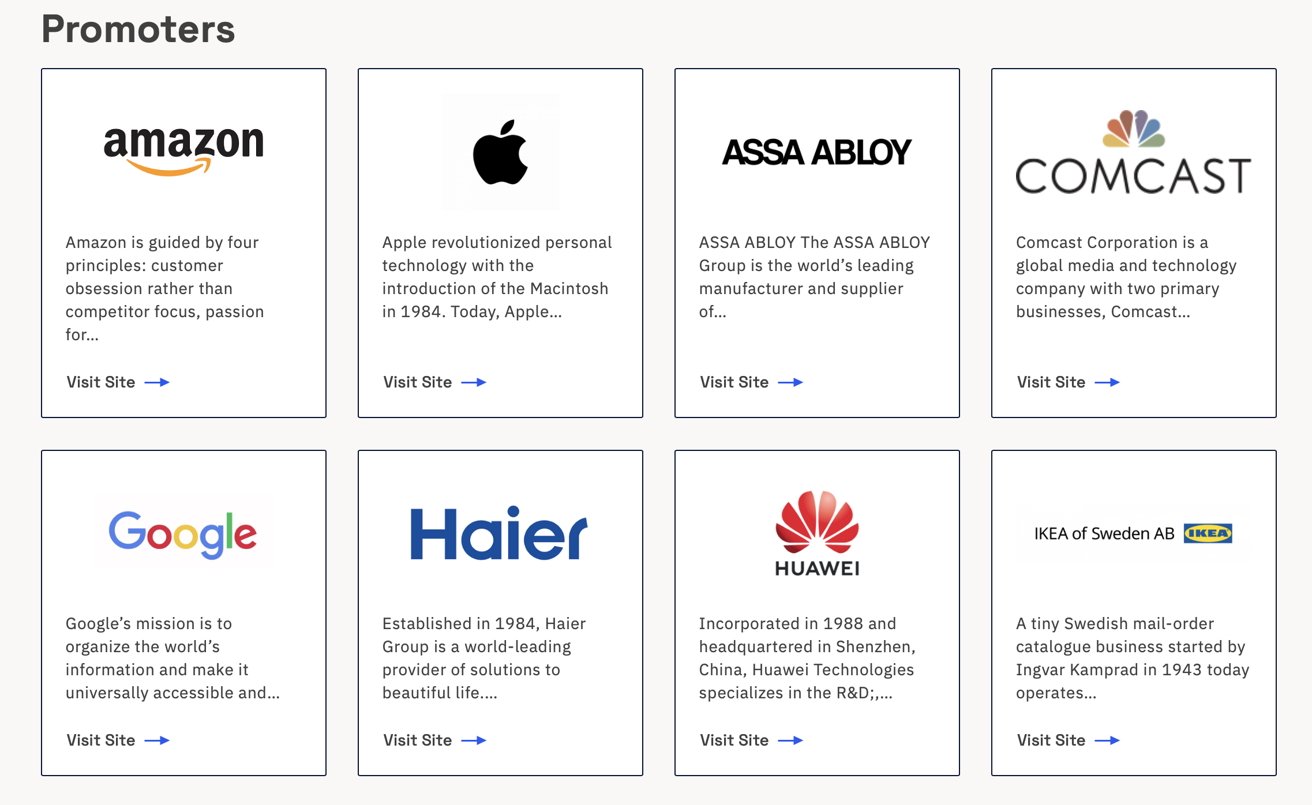
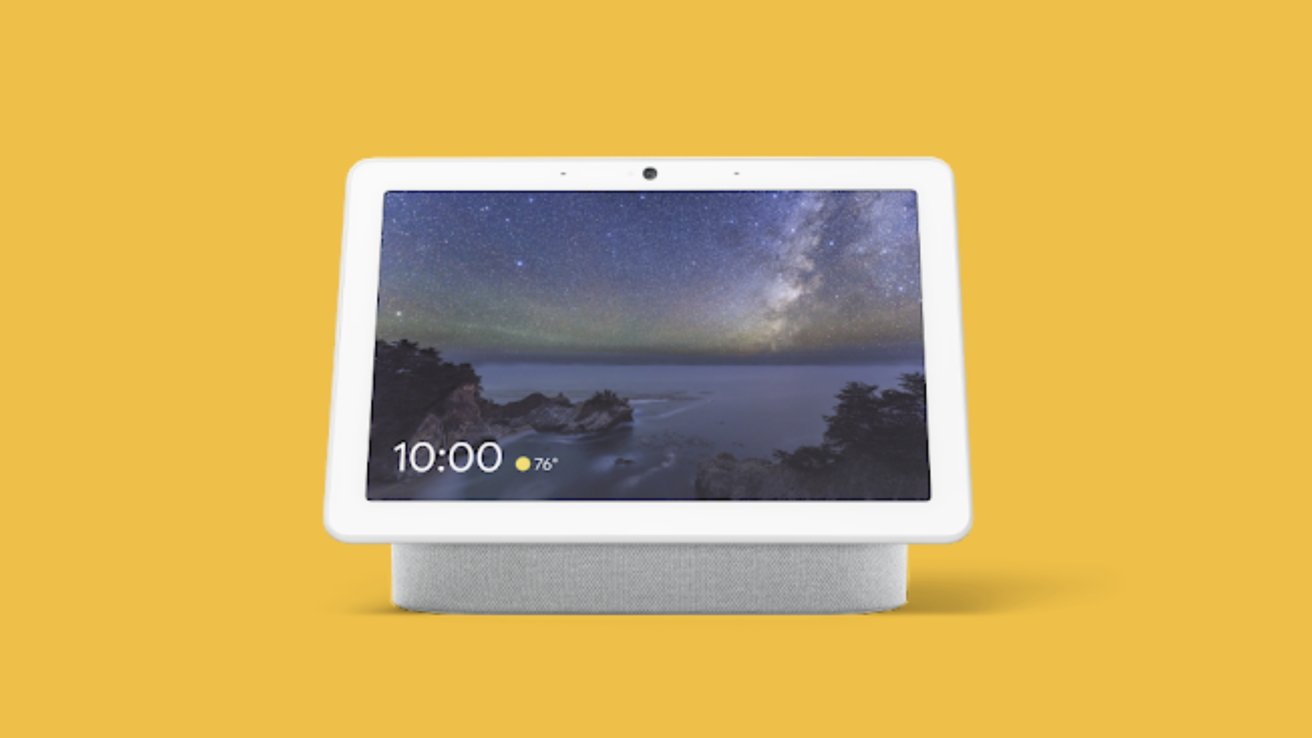
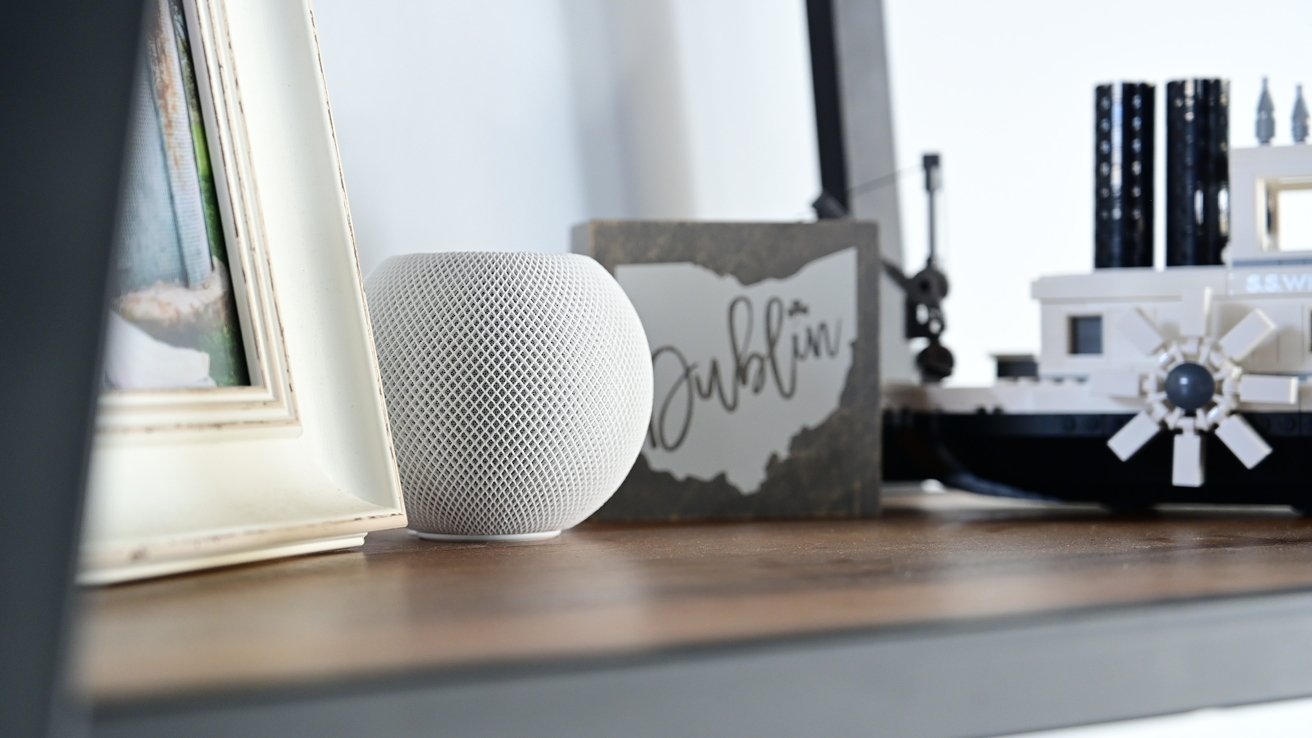




-xl-m.jpg)


-m.jpg)





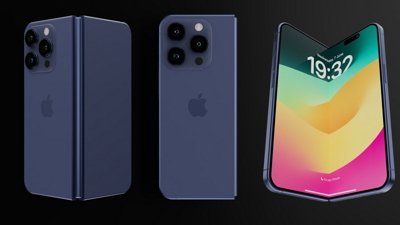
 Amber Neely
Amber Neely
 Andrew Orr
Andrew Orr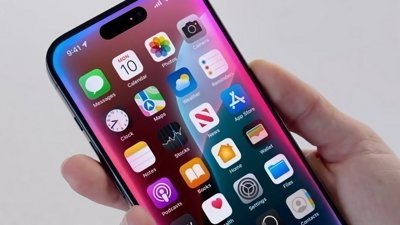
 William Gallagher
William Gallagher
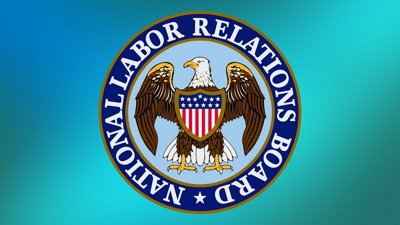
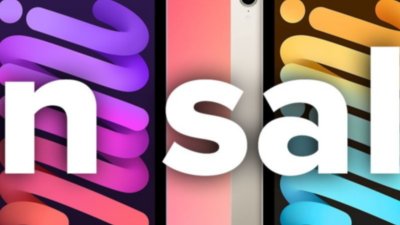
 Christine McKee
Christine McKee
 Chip Loder
Chip Loder
 Thomas Sibilly
Thomas Sibilly








2 Comments